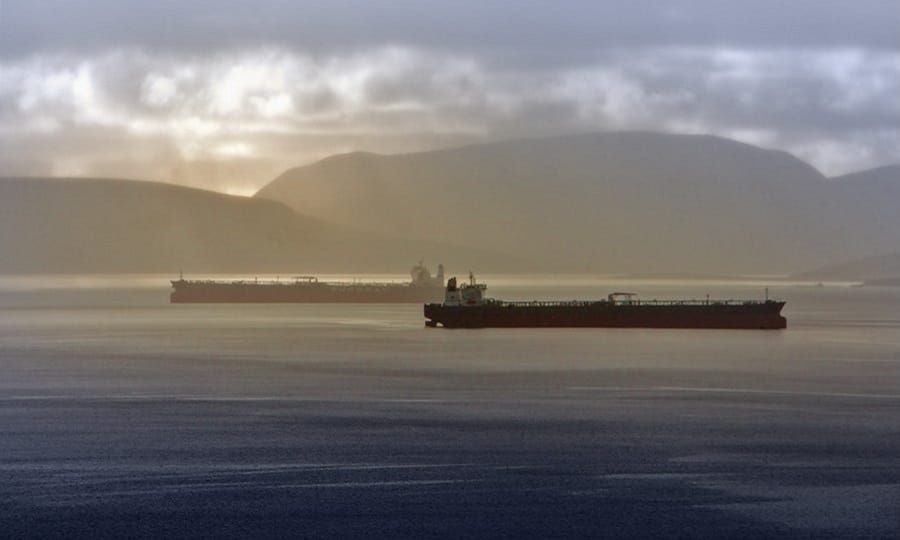Annual tanker chartering poll highlights fast-changing oil
Shifts in Global Oil Chartering Trends

The global oil market is undergoing significant changes, particularly in the seaborne trade sector. According to the latest annual report from Poten & Partners, the dynamics of dirty spot chartering are shifting. The report highlights the impact of China’s softening economy in 2024 and the evolving strategies of trading partners seeking alternatives to pipelined oil from Russia. This article delves into the key findings from the report, focusing on the top charterers and the emerging trends in the oil market.
China’s Dominance and Declining Fixtures
In 2024, China’s Unipec continues to hold the title of the leading dirty spot charterer. However, this year marks a notable decline in the number of fixtures it concluded, marking the second consecutive year of decrease. This trend raises questions about the future of China’s oil demand and its broader economic health. The decline in fixtures suggests that Unipec is facing challenges in securing contracts, possibly due to a combination of factors such as reduced domestic consumption and increased competition from other global players.
Moreover, two other major Chinese charterers, Sinochem and PetroChina, have fallen out of the top 10 list for Very Large Crude Carriers (VLCC). This shift indicates a broader trend of diminishing influence among Chinese companies in the global oil chartering market. As these companies reassess their strategies, it remains to be seen how they will adapt to the changing landscape. The focus may shift towards securing more reliable and diversified sources of crude oil, particularly as the geopolitical climate continues to evolve.
Upward revision of the monthly volume of dirty oil flows to China since the beginning of September
Emerging Players and Market Diversification
One of the most significant developments in the report is the entry of Polish charterer PKN Orlen into the top 20 dirty spot charterers, debuting at number 16. This marks a strategic shift for PKN Orlen as it seeks to diversify its crude oil supplies. The company is moving away from reliance on pipelined Russian oil and is increasingly turning to seaborne crude from regions such as the Middle East and the North Sea. This diversification strategy reflects a growing trend among European companies to seek alternative sources of oil amid geopolitical tensions and supply chain uncertainties.
In the suezmax segment, ExxonMobil has claimed the top spot, followed closely by Repsol. Total has made a notable comeback, re-entering the top 10 at number three. These shifts underscore the competitive nature of the oil chartering market and the importance of adaptability in securing contracts. Meanwhile, the aframax segment has also seen significant changes. Chevron has risen to the top position, while last year’s leader, Vitol, has dropped to tenth place. New entrants like SOCAR, the State Oil Company of Azerbaijan, and PKN Orlen are making their mark, indicating a dynamic and evolving market landscape.
As the global oil market continues to shift, stakeholders must remain vigilant and adaptable to navigate the complexities of seaborne trade. The trends highlighted in Poten & Partners’ report serve as a reminder of the ever-changing nature of the oil industry and the importance of strategic diversification in securing a competitive edge.
